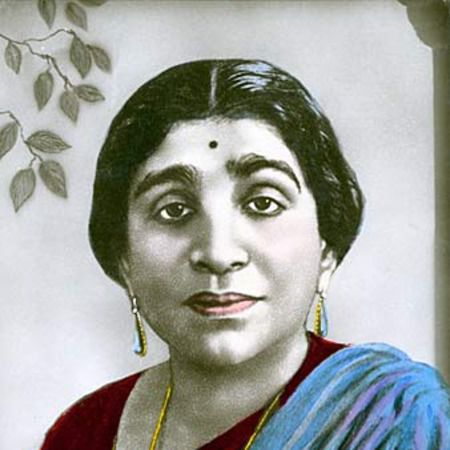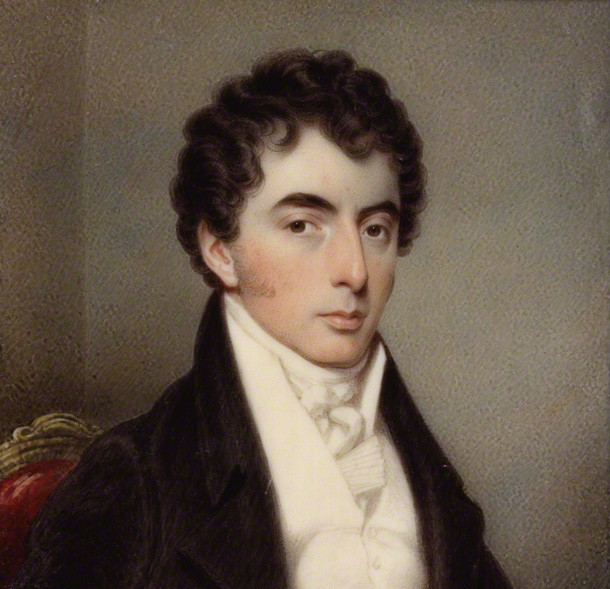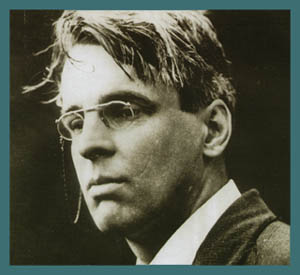Written just over a month before her death in February 1963, the Munich Mannequins was composed by Plath when she was living in London, during one of the coldest English winters on record. The setting of the poem too, is a city in winter—-Munich. Some say that she recounts her impressions of Munich from a former trip, but no such hint is shared in the poem. This poem was written at a time when fashion models were becoming popular and models from Germany were especially sought after. Models were sometimes referred to as mannequins, hence the title. This poem offers Plath’s powerful commentary on the superficiality in the world of fashion models. But can this poem be restricted to the world of fashion models? Absolutely not.
The theme can easily be expanded to the perception of women in general in a male dominated society. The idealization of women, created both by male perceptions and media, during that period, resulted in an obsession with perfection in the female form. Any woman deviating from that perfect form was considered less than ideal and perhaps less than desirable. Unfortunately, some of these perceptions continue even today, making this poem equally powerful, even more than 50years after it was written. What is a mannequin? An idealized inanimate physical representation of a human being. It looks beautiful but has no human qualities.
In this poem, the poet refers to the fashion models as mannequins. Alternatively, mannequin may be used as to describe the ideal woman as shaped by perceptions of men and media of that period. The poem begins with a powerful phrase: Perfection is terrible. By perfection, Plath refers to the perfect figures that the so-called ideal woman must maintain. This perfection, to her is terrible since by maintaining theses perfect figures, the models would have to sacrifice on motherhood. We must remember that this poem was set at a time when motherhood was an integral part of being a woman; so sacrificing motherhood just in order to maintain one’s figure feels terrible to Plath.
The next line continues on this tone. Perfection is ‘cold’. Cold, in this case refers to the unemotional, unsympathetic nature of perfection. Cold as a snow breath is a simile used by the poet. ‘Tamp’ refers to the action of pushing something down by a series of light strokes. The poet sees the flat bellies of these women, as wombs tamped by the pressures of perfection.
Yew trees have been considered a symbol of life, death and rebirth in the Celtic mythology. Hydra refers to the many headed mythological beast that could regenerate any heads it lost. Interestingly, there is an actual creature called Hydra that also has regenerative properties and is considered, for all practical purposes, immortal.
The reference to Yew trees and hydra in this poem could be interpreted in three ways. An obvious physical interpretation could be that the sight of Yew trees out of the window being swayed by the winter breeze reminded her of the many headed Hydra. This, though, is highly unlikely.
Secondly, it could refer to the concept of rebirth in the natural world. Please remember that this poem was written during the depths of winter. The Yew trees would be having needles instead of leaves waiting for the spring to bloom anew. The name of Hydra could have been used to invoke the image of regeneration,
Another interpretation, and this is the most likely one considering the subsequent lines, could be that the Yew tree is a reference to the female reproductive system, specifically the arrangement of the uterus, fallopian tubes and the ovaries, which play a critical role in the origin of a human life. The hydra could be a reference to the regenerative nature of ovulation.
The next couplet is a direct reference to a woman’s menstrual cycle. Plath refers to the menstrual cycle as purposeless, since these women, in the quest for perfection, will not be able to procreate. ‘Unloosening their moons’ refers to the release of the ovum. The term moon also reiterates the concept of menstruation, since the cycle has been traditionally associated with the lunar cycle, although recent scientific studies have found no correlation between the two except the approximate duration.
The blood flow refers to menstrual bleeding. The poet calls it the flow of love, since within that blood exist the origin of life and the seed of motherhood. The act of not procreating, the act of relinquishing motherhood is seen by the poet as the absolute sacrifice for the so-called perfect women or ‘mannequins’. In making this sacrifice, they themselves are turning into idealized versions of reality, their shapely figures untouched by the trials of motherhood.
’Sulfur loveliness, refers to a sort of fake beauty that these women possess, according to the poet. She visualizes them in the social setting in Munich, which she refers to as the ‘morgue between Paris and Rome’. Calling it a morgue could be due the heavy causalities it suffered during the Second World War. Alternatively, it could have been Plath’s observation that the glorification of mannequin-like women could have led to a cultural decay in Munch, which is why she referred to it as a morgue.
The next two lines are a direct tirade against these women. Plath calls them ‘naked and bald in their furs’. This is, of course, a metaphor. To her, these women lack many human emotions and qualities that make them naked and hairless despite being adorned in expensive furs. Through the phrase ‘Orange lollies on silver sticks’, Plath seeks to create an image of a head that is artificial and has no real depth being carried by a richly adorned body. Orange could also refer to the color of their hair or wigs,
The poet calls them ‘intolerable’ noting that they lack mental depth. It is nighttime. It is apparently snowing, in the darkness. It can be felt, but not seen properly. To Plath, it seems that instead of snow, it is the pieces of darkness that are falling. The roads are naturally deserted in this snowy winter night. Across the city and neighboring towns, the staff at hotels are taking the guests’ shoes to be polished. These shoes will be worn by their guests as they move about in the next day.
Plath invokes images of domesticity on the occasional window. The images of domesticity contrast well with the slightly harsh tone of the earlier lines. She invokes images of hefty Germans sleeping. She adds a term Stolz, which is German for ‘pride’. Within this pride they are ensconced even as they sleep, she remarks. The image of the sleeping people is compared to black phones on their hooks, at rest. The color black adds a tinge of seriousness. Another feature associated with Germans, often stereotypically.
These black phones glitter under the electric light, due to their smooth polished surfaces. To the poet, these resting phones, appear to be digesting all the conversations that occurred through them during the day, much like sleeping people digesting their food. The poem ends with a single bleak line. It is a dark winter night. All is silent in the city. The only constant company is the snow. And the snow is silent. This eerie silence of the snow fills Plath with a feeling of voicelessness.
The Munich Mannequins is a powerful commentary on how the idea of perfection in a woman is often shaped by social forces. Unfortunately, this can result in a sense of insecurity and inadequateness among women, especially in those of impressionable age. As we move towards an increasingly gender inclusive world, it is important to keep in mind that different human beings, regardless of their gender have different priorities in life and should not be judged on whether the choose to follow or reject a traditional role. At the same time it is everyone’s personal responsibility to properly execute whatever role they might be playing. Thank you for going through the summary and analysis. Suggestions and comments are always welcome.
Some online learning platforms provide certifications, while others are designed to simply grow your skills in your personal and professional life. Including Masterclass and Coursera, here are our recommendations for the best online learning platforms you can sign up for today.
The 7 Best Online Learning Platforms of 2022
- Best Overall: Coursera
- Best for Niche Topics: Udemy
- Best for Creative Fields: Skillshare
- Best for Celebrity Lessons: MasterClass
- Best for STEM: EdX
- Best for Career Building: Udacity
- Best for Data Learning: Pluralsight















